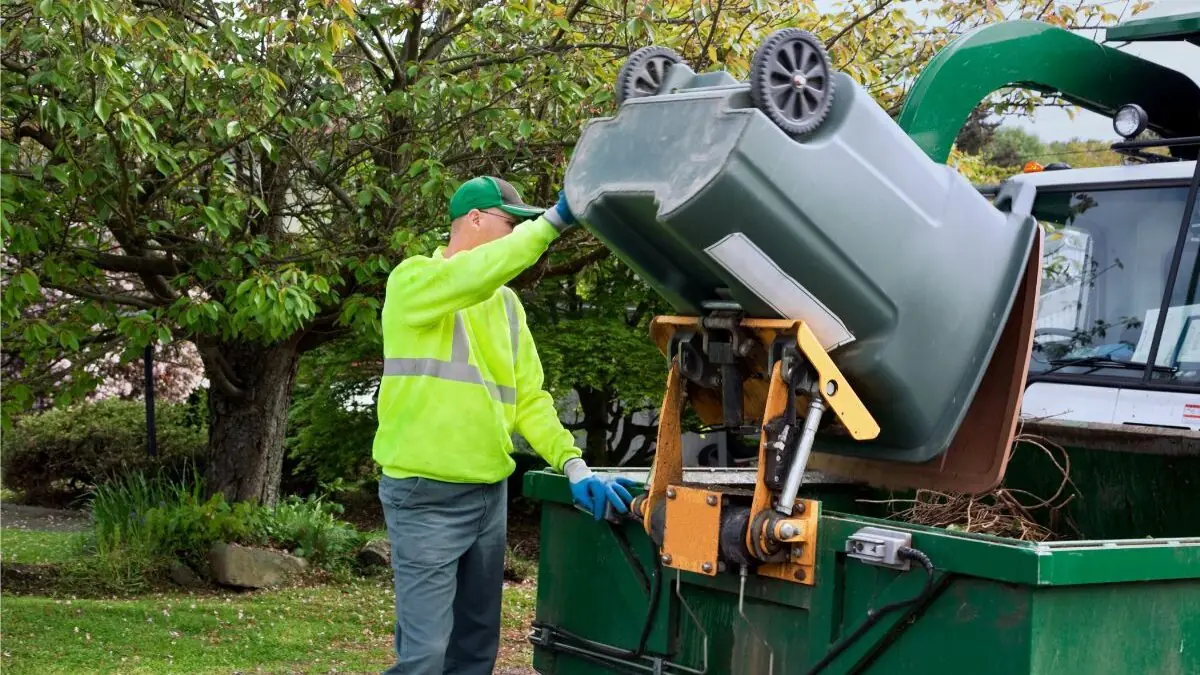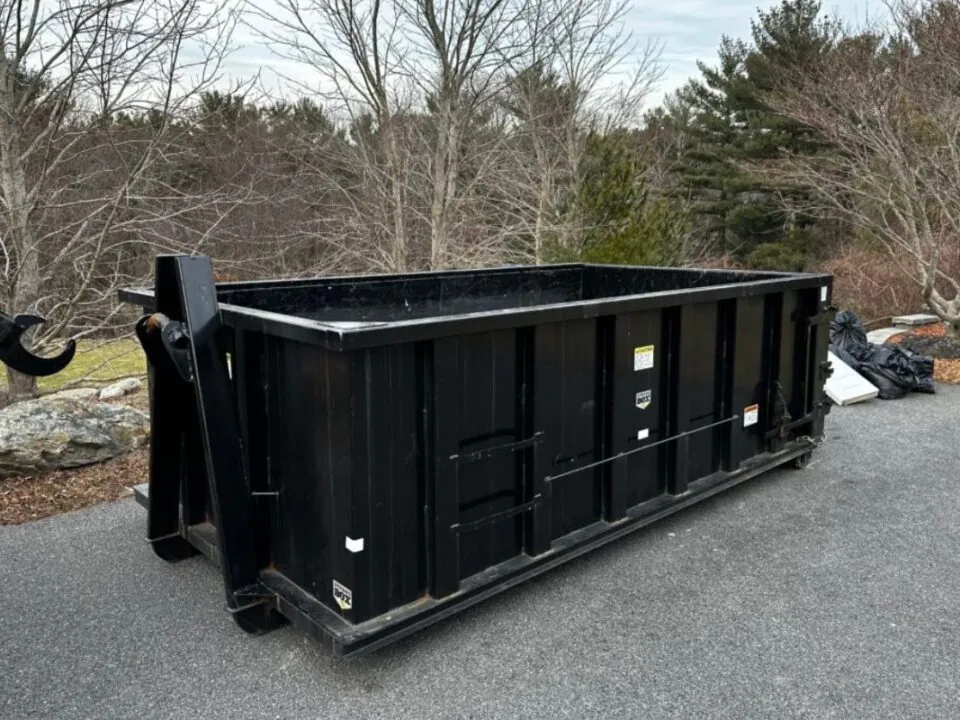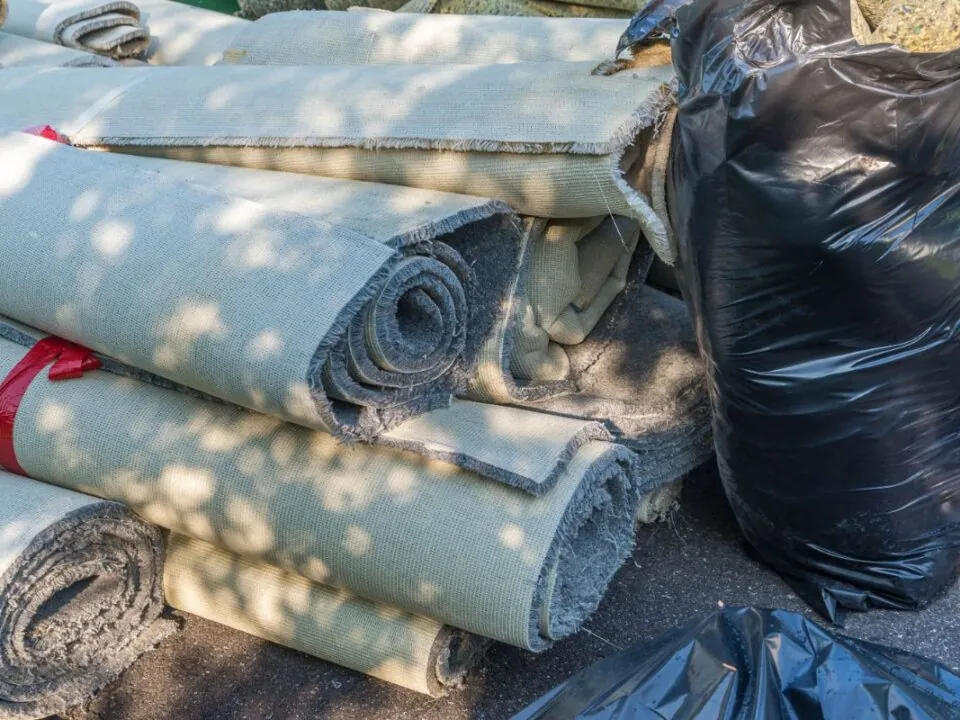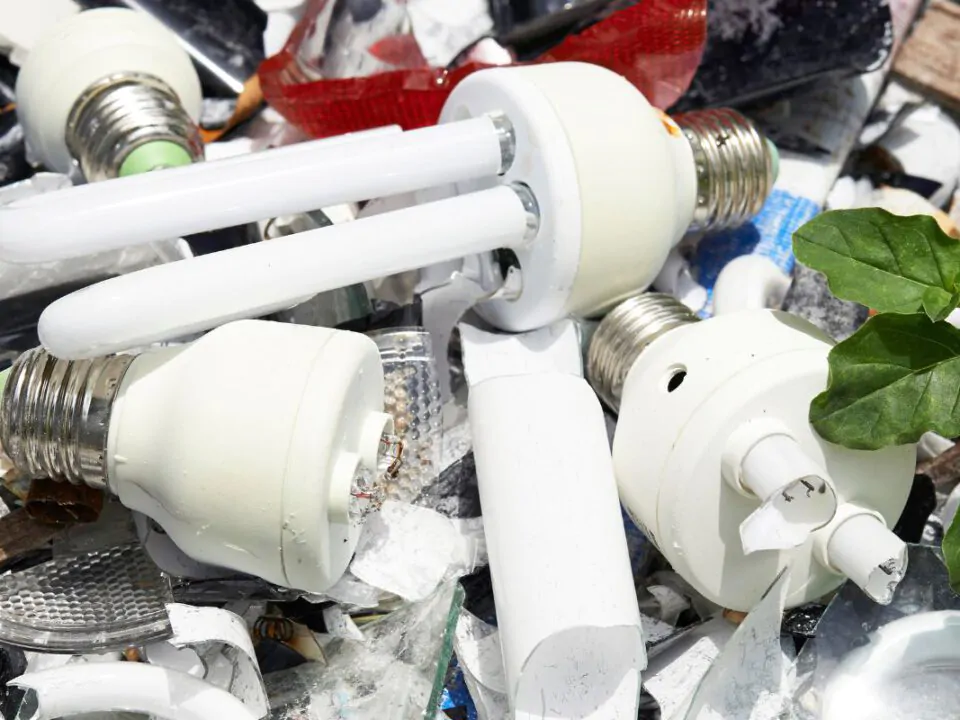How to Get Rid of Yard Waste in Effective Ways
When the seasons change, yards demand attention, yielding a mixture of foliage and yard waste that must be cleared. This is where the need for effective yard debris removal, garden waste removal, and green waste removal techniques becomes apparent. Landscaping waste disposal is not always as straightforward as it seems, given the variety of materials that fall under yard waste. In this article, learn smart strategies for ridding your lawns and gardens of natural waste responsibly and sustainably.
What Counts as Yard Waste?
Understanding what qualifies as yard waste is key to effective disposal and environmental responsibility. Yard waste encompasses natural materials generated from general lawn and garden maintenance. This includes leaves, grass clippings, branches, and similar vegetative debris.
Each type of yard waste has its own disposal considerations and possibilities for repurposing. Knowing these common yard waste categories ensures homeowners’ approach to lawn care and waste management is more strategic. It will also help lessen the burden on local landfills and trash centers that otherwise have to process yard waste debris.
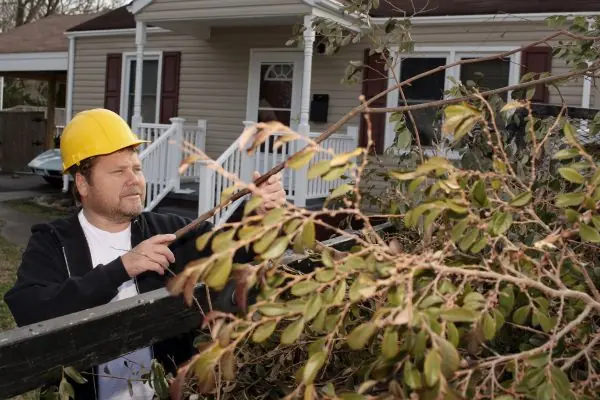
Definition of yard waste
Yard waste refers to organic materials that result from maintaining gardens, lawns, and other outdoor spaces. These all fall under the umbrella of biodegradable waste from outdoor activities.
Proper classification of yard waste is very important for environmental protection, as it often dictates the most suitable methods for disposal or repurposing. Authorities usually have specific guidelines for separating yard debris from regular household trash to facilitate recycling and composting processes.
So, knowing what kind of waste you are dealing with is the first step to being smarter with yard waste management.
Common Types of Yard Waste
Leaves, branches, and grass clippings form the bulk of yard waste for most homeowners. These organic materials accumulate through routine landscaping tasks, such as mowing lawns and pruning trees or shrubs.
Other common yard waste includes weeds, old mulch, and dead plants that need removal during garden upkeep. Disposing of these items correctly helps to maintain a tidy outdoor space and supports local recycling programs.
Disposing of Yard Waste
Homeowners looking to manage yard waste effectively have several options at their disposal. Here are some of the best ways to properly dispose your yard waste:
Renting a dumpster
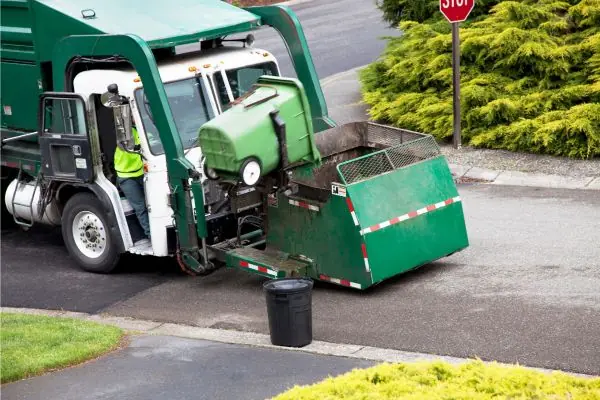
For substantial garden projects or seasonal cleanups, renting a dumpster can streamline waste management. Homeowners can choose from various dumpster sizes to accommodate the volume of their yard waste while ensuring compliance with local disposal regulations.
Dumpster rental companies usually offer tailored services, including delivery and pickup. This convenience eliminates multiple trips to recycling centers and provides a straightforward option for yard waste collection during larger clean-up efforts.
Using municipal yard waste collection services
Municipal waste collection services provide scheduled yard waste removal, often as part of the regular trash service. Homeowners typically place their yard debris at the curb on designated days, and the waste is then taken to composting facilities or landfills.
This service simplifies yard waste management, facilitating the process for citizens to dispose of lawn and garden refuse properly. It also encourages compliance with local ordinances promoting waste reduction and sustainability.
Taking waste to a recycling drop-off site
Recycling centers are a practical venue for disposing of yard waste. Residents can bring grass clippings, leaves, and tree limbs to these facilities, where the waste is processed into compost or mulch.
These drop-off sites are particularly useful for individuals who do not have access to curb-side collection services, enabling them to participate in green waste recycling. By utilizing local recycling centers, homeowners contribute to the reduction of landfill waste.
Burning (if safe and legal)
In areas where permitted, burning yard waste can be an effective method of disposal. Property owners must verify that local regulations allow burning and adhere to any designated burn times or conditions to prevent fires from spreading. They also should notify immediate neighbors of the burn time expected so they can prepare for possible smoke intrusion.
Before choosing this method, one should obtain any necessary permits and clear the area of flammable materials. Proper fire suppression methods must also be easily accessible at the burn site. The safety measures ensure a controlled burn, reducing the risk of damage to surrounding property and ecosystems.
Yard Waste in Trash or Recycling Bins?
Deciding whether yard waste belongs in the trash or recycling bin depends on local disposal regulations. Many municipalities differentiate between yard waste and regular household garbage to promote recycling and composting. Homeowners are generally encouraged to use recycling bins for yard debris. This separates biodegradable materials like leaves and branches, which can then be repurposed into compost or mulch.
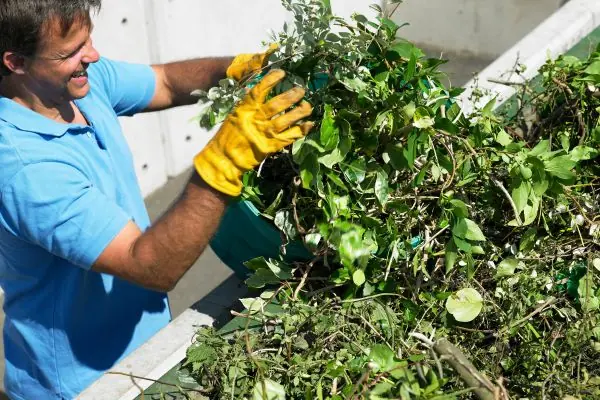
Placing yard waste in trash bins is often discouraged as it contributes to landfill volume and hampers recycling efforts. Communities with specific yard waste programs aim to minimize the environmental impact of such waste. Residents need to check with their local waste management authorities for the correct disposal practices. These guidelines help ensure yard waste is handled in a manner that benefits the environment and adheres to local policies.
Tips for Proper Yard Waste Disposal
Disposing of yard waste efficiently requires consideration of various factors. Homeowners should begin by checking local regulations, which dictate the allowable disposal methods and types of yard waste accepted.

Preparing waste properly is another critical step to make sure it can be properly processed and disposed of. This involves separating organic materials and removing contaminants that could hinder composting or recycling. Keeping out non yard waste and making sure branches and logs are cut to a proper length are just two examples of this.
Lastly, cost considerations play a role, with different disposal options ranging in price. Addressing these aspects ensures an environmentally responsible and economically sensible approach to yard waste management.
Checking local regulations
Before disposing of yard waste, homeowners must consult their local regulations. These laws outline the permitted methods for waste removal, including what materials can be recycled or must be landfilled.
Compliance with municipal guidelines is crucial to ensure legal disposal of garden debris. Authorities may provide specific instructions for yard waste separation to facilitate eco-friendly initiatives like composting.
Properly preparing waste
Sorting and bundling garden refuse streamlines the disposal process. Branches should be cut to manageable lengths and bundled together, while leaves and grass clippings can be bagged in biodegradable bags specifically designed for yard waste.
Removing any non-organic materials, such as plastics and metals, is essential to ensure that yard waste is suitable for composting or mulching. Proper preparation prevents contamination of the compost pile and promotes efficient recycling.
Cost considerations
Assessing the costs linked to yard waste disposal is an important step for homeowners. Certain methods, like dumpster rental, entail higher upfront fees but provide ample space for large amounts of waste, making them cost-effective for big projects.
On the other hand, utilizing municipal services or recycling centers may incur minimal or no expenses, especially if these services are included in local waste management programs. Homeowners should compare these options to choose the most budget-friendly method for their needs.
Conclusion
Disposing of yard waste properly is essential for maintaining a tidy outdoor space and reducing environmental impact. Homeowners need to adhere to local disposal regulations and participate in recycling and composting initiatives. Consideration of the volume, sustainability, and costs associated with the various disposal methods ensures efficient management of garden debris.
Ultimately, informed choices regarding yard waste disposal contribute to a cleaner environment and support community waste reduction goals. If you have any questions feel free to check out our other blogs or reach out to us for a personal touch and let us help you with all your lawn care related needs!

